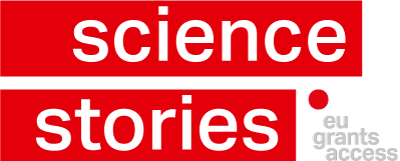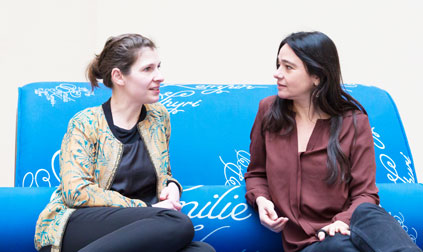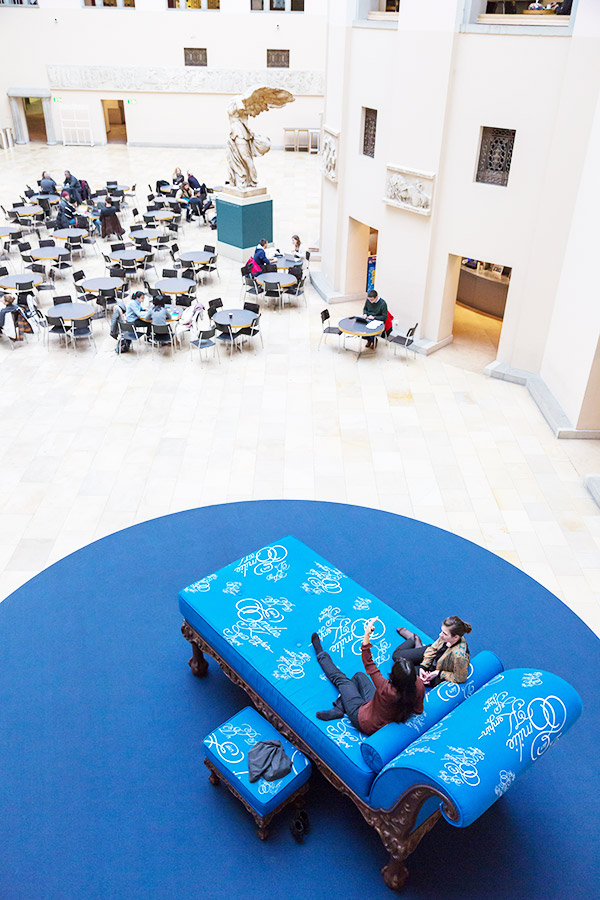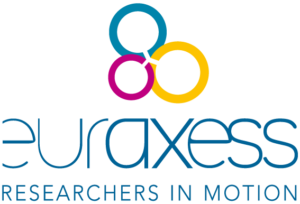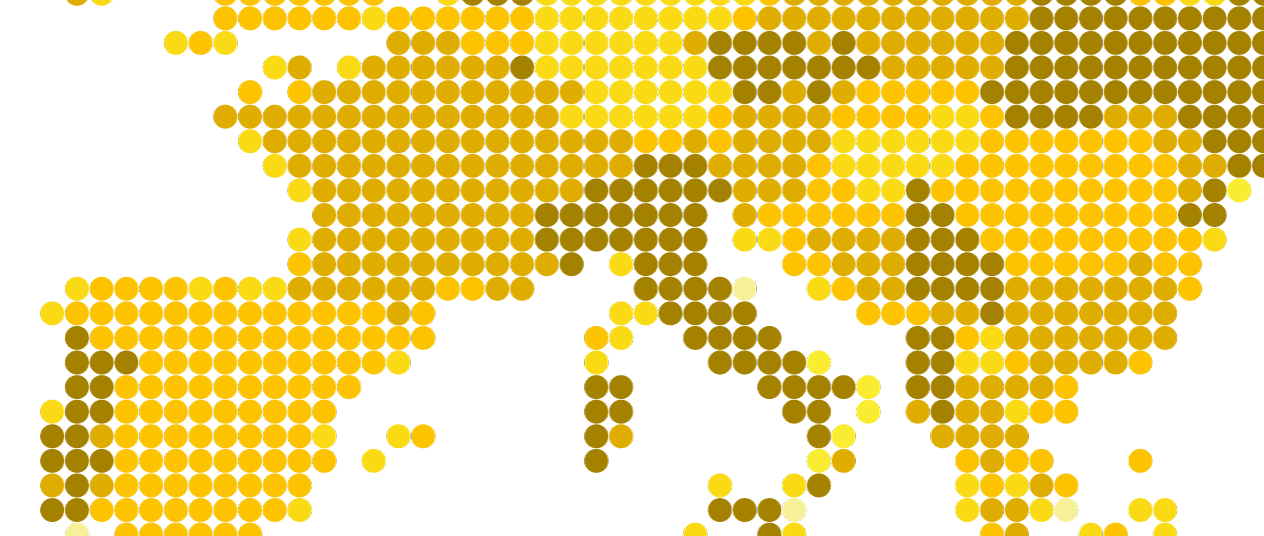
Knowing what I want, finding what I need
How a career development tool helps postdocs to figure out their career prospects and how a planning tool facilitates the organisation of young researchers‘ projects. An interview with Sibylle Hodel and Alexandra Zingg about the two novel online tools TDS and REFLEX*.
Why do we need a career management programme for postdocs?
Sibylle Hodel (SH):
Our researchers keep telling us that the postdoc phase sets the decisive course for their future. Many questions arise, such as: do I aspire to an academic career or am I looking for an activity outside of academia and if so, what would that be? What is more, postdocs are usually between 30 and 40 years old, which is a stage in their lives that requires important personal decisions regarding family and partnerships. Universities offer many career development programmes for PhD candidates but there are only a few that focus on postdocs.
TDS is your new online career development tool. What is its purpose and what does it offer?
Alexandra Zingg (AZ):
TDS is an open source assessment tool, available free of charge to anyone interested. It addresses postdocs between the first and third year after their doctorate. Any postdoc can go through the programme either individually or with the help of a coach and receive meaningful results regarding his or her career management.
Why do we need a novel tool, as there are already many available on the internet?
AZ:
Most of the already existing tools inform you about the knowledge and skills still necessary in order to make progress professionally. However, by means of qualitative interviews conducted in Switzerland, Norway and the Netherlands, we found that postdocs usually know quite well which skills they already possess and which ones they still need to acquire. What they need is a person or a tool that helps them to develop a vision on where they wish to be in five or ten years, both professionally and personally. This is why we developed TDS, a tool that supports postdocs in obtaining a vision regarding their professional future.
How can you find out where you want to be in five or ten years from today?
AZ:
By analysing carefully and systematically with the help of TDS what you have achieved so far, what your current situation is, what you like doing, what you rather struggle with and where you would like to be in the future. The key tool of TDS is an assessment similar to other programmes. You define a goal that you wish to reach within the next five or ten years. Then, you walk back from that far away moment in time, step by step, until you are back in the present day. For example, if I want to be a professor in ten years from now, what is the final step before this goal, what is the second last step and so on, all the way back to today. The idea is to realise what I have to do today in order to achieve a goal in ten years. Maybe I then become aware that I have to go abroad now or that I better leave the academic world at this point. Maybe I also realise that I might never be able to reach my goal because personal or professional reasons are an obstacle. So I have to draft a different, more realistic goal or develop a backup plan in case I should miss the target.
Can I conduct this assessment by myself with the assistance of the TDS tool?
AZ:
Yes, TDS is self-guiding. However, we do recommend that parts of the assessment are conducted together with a career coach or a family member or a friend. It does take some effort and self-discipline to thoroughly and openly deal with yourself. What is more, TDS is a complex tool and it takes some time to finish the entire programme. But we did not want to offer another 15 minutes tool to click through.
The new online tool REFLEX offers additional support for researchers regarding their career path. How does it help?
SH:
REFLEX is an advisory tool for young researchers, facilitating their career management and indicating where to find support. It answers questions on the most appropriate research funding or the corresponding contact points. With the help of REFLEX, researchers may quickly define the contacts and services needed for their inquiries. What is more, REFLEX supports them in solving practical and personal problems resulting from a research stay abroad. The tool has a modular setup and is especially suited for workshop situations and for individual counselling interviews. As a researcher, all I need is the support of an advisor and the REFLEX tool to compile all the personally relevant information and contacts from the modular system and immediately apply them.
Can you give us an example from real life?
SH:
Let’s say that a researcher from abroad spends time in Zurich as part of a research project. She then meets with me for a counselling session and has a few questions regarding, for example, the Marie Skłodowska-Curie Actions individual fellowships that she would like to apply for. But she is doubtful whether this programme is the right one. This is something we clarify for her. In addition, she is interested in soft skill trainings and she wants to know more about the education system in Switzerland as her two kids will accompany her during her research stay in Zurich. And she is looking for a dual career consulting for her partner. With the help of the REFLEX tool I am able to put her in contact with the right addresses and compile an individual list of services she wishes to use.
How did you develop REFLEX?
SH:
We developed the tool ourselves together with partners from Norway, Denmark and Slovakia within the scope of a EURAXESS project. Indeed there are already other research funding and career development tools available on the market, however, they cost a lot and are usually very comprehensive. It was our aim to offer a flexible modular tool that each university in Europe may tailor to their services and needs. Even if a university can only offer a restricted set of services, it can describe them in the REFLEX module and make them available to their researchers.
How did you ensure that REFLEX works for all the different European universities?
SH:
That was one of the great challenges. Before we built REFLEX, we had set up focus groups in the participating countries and had asked the researchers what they were missing, which information they found helpful and which services they wished they had access to. Based on their answers we then created a general tool which, thanks to its modularity, may be used in all countries.
Does this also apply to TDS?
AZ:
The TDS tool is more uniform than REFLEX. But this makes sense, as postdocs are confronted with the same questions when planning their careers, irrespective of the university they work at.
TDS and REFLEX are now available. What are your wishes regarding your tools?
AZ:
I really hope that TDS will help postdocs to gain insights and make decisions at an early stage that will benefit their career paths. For me personally as a postdoc back then, it was very important to realise early on that I had to leave the academic way in order to reach my professional goals. Unfortunately, for many postdocs this awareness comes too late and it is rather difficult to navigate one’s career afterwards, especially if one wishes to remain in academia.
SH:
I hope that REFLEX is used actively and that it especially helps to effectively support those researchers in their research management who work at universities that cannot offer as many services as we do. And I also wish to continue working on this kind of EURAXESS projects in the future.
*TDS - Talent Development Suite
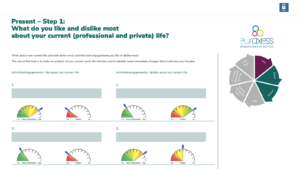
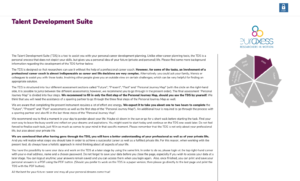
REFLEX - Responsive and Flexible Career Development Framework for Researchers
Alexandra Zingg (left)
has been a Research and Project Manager at EU GrantsAccess for four years and supports researchers and their international research projects at all levels and across all career stages. She has a Master’s degree in Cognitive and Decision Sciences from the University of Basel and received her DSc at ETH Zurich in 2012.
Sibylle Hodel
is the Deputy Head of EU GrantsAccess and has advised researchers from the University of Zurich, ETH Zurich and nearby interested parties on research funding and career development for over 15 years. She is responsible for the EURAXESS dossier at EU GrantsAccess and a member of the Network Management Working Group of the European Commission. She has a Master’s degree in Sociology from the University of Zurich.
Alexandra Zingg and Sibylle Hodel are involved regularly in EURAXESS projects and contributed to the development of the career management tools REFLEX (Responsible and Flexible Career Development Framework for Researchers) and TDS (Talent Development Suite).
EURAXESS
is a European Network consisting of 40 countries. Its goal is to promote the mobility of young researchers within Europe and to support them in their career development. To this end, EURAXESS develops funding projects and tools made available to researchers via its portal and its national Service Centres. EURAXESS is funded by the European Commission and its member states. The EURAXESS services in Switzerland are partially funded by the Swiss State Secretariat for Education, Research and Innovation and swissuniversities, the umbrella organisation of the Swiss universities, and act as a national bridgehead.
